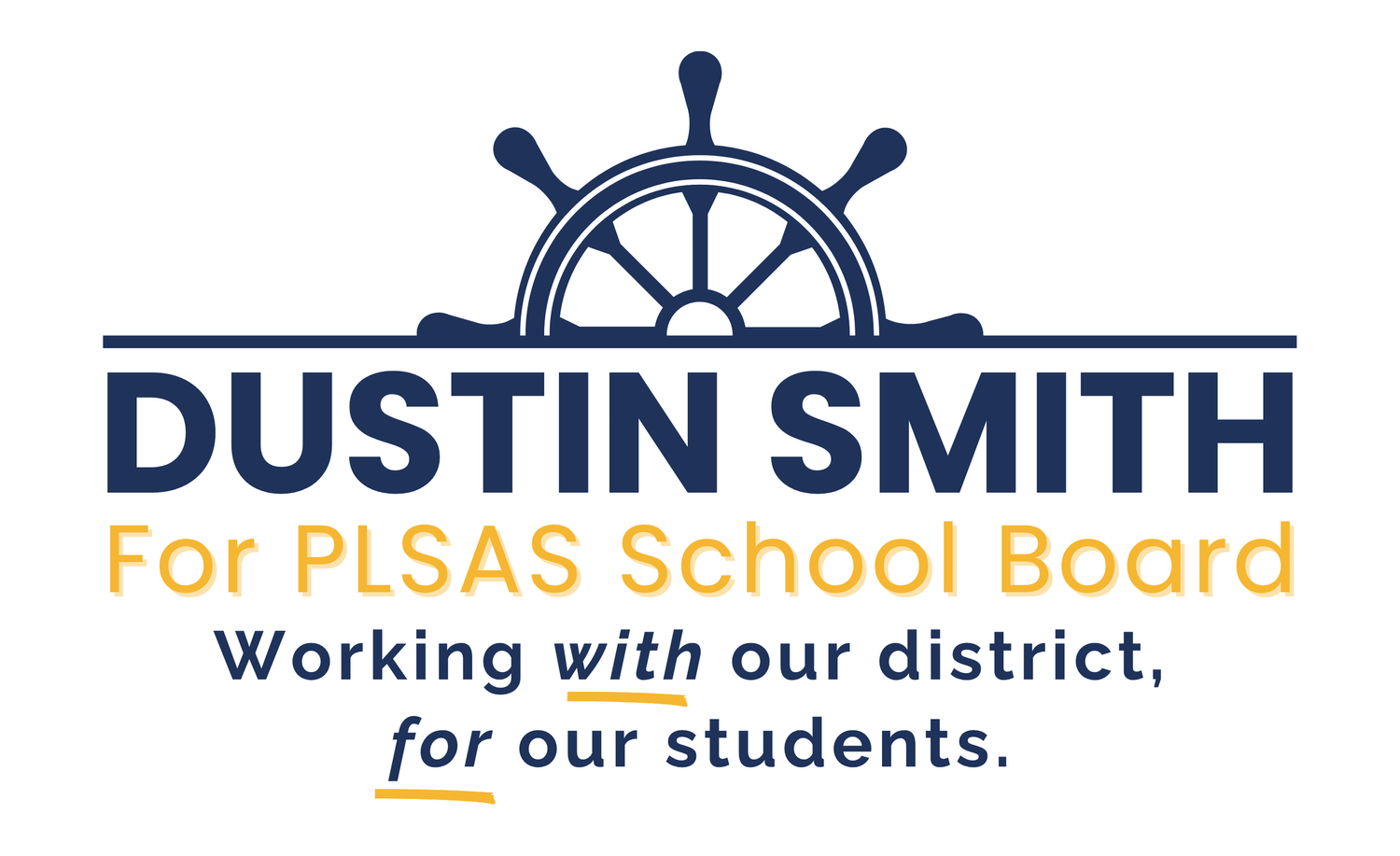Investing Early: How Our Schools Build a Foundation for Every Child to Thrive
With reports over the weekend of staff reductions at the Office of Special Education and Rehabilitation, it is important to recognize how our district supports students with disabilities and their families. As a father of a child who has been diagnosed with autism, ADHD, and anxiety disorder, special education is incredibly close to my heart. Disability rights have never been foreign to me, but you have a fundamentally different understanding once you experience it within your family.
Though we received his diagnosis only recently, we recognized early on that he would need additional support. Starting at 18 months, he was enrolled in programs to nurture his growth and development. We reached out to the county for services, but he didn't qualify, so we paid privately and continued that after moving to Prior Lake.
If I’ve learned one thing from watching other parents of disabled children, it is that persistence pays off. Kaylee kept revisiting the question of if he qualified for support, and after one conversation with our providers, they suggested we contact the Early Childhood Special Education (ECSE) department at PLSAS. As it turns out, the program that has had the greatest impact on our lives, wasn’t part of what influenced our decision to move to this district.
Regarding early childhood special education, it is important to know eligibility is defined differently than K-12. Marissa McDonald, an ECSE Teacher in our district, recently shared with me, “If a student is struggling to keep up with classmates, or showing significant delays in areas like speech, motor skills, or social-emotional development, then ECSE might be an option to explore”. This is not something that a student has to “fail into”, rather it is an intervention to support children now, and into the future. According to McDonald, ECSE Teachers are trained to serve not only the student, but the entire family. This makes sense when considering the importance for families to understand how to support their child at home and in the classroom.
Studies show the sooner ECSE works with a child, the better their outcomes. Kids who get early support arrive at kindergarten better prepared and have stronger academic and social foundations. It can also significantly reduce the effects of developmental delays or disabilities, possibly resulting in the need for less special education support in the future. This ensures that children with disabilities are included in a general education setting more, and also saves the district money long-term.
Which brings me back to our son. It was one year ago that we were discussing whether he would be enrolled at Hamilton Ridge for their Communication and Interaction Disorders Program (CID). CID is a program for students with social, communication, and interaction disorders that receive support in a special education setting for more than 60% of their school day. However, our son had done so well in ECSE that this was not something he needed when enrolling him in kindergarten.
I am always surprised when questioned, after telling people this is our fourth year in the district. These past three years in preschool, for both of our boys, have been just as critical as any class or program offered K-12. Today, he gets to attend school at Jeffers Pond with his brother and neighborhood friends. It gives me so much joy to see him succeeding in this environment. Sure, he may need some help here and there, but his confidence, ability to keep pace with his peers, and growing independence show just how far he’s come. It makes me incredibly proud of the progress he’s made. I am so thankful to all of the ECSE staff who made this possible.
Seeing our federal and state governments make decisions that not only remove supports, but have the potential to actively harm children with disabilities is shameful. These decisions will ultimately come to have a major impact on the children who live in our community. The injustice of denying disabled children a public education is not ancient history. It was only a little over 50 years ago that millions were excluded by law, segregated, or hidden away in institutions with no real chance to learn or grow.
As a community, it is imperative that we not turn our backs on the progress built through decades of advocacy, legislation, and lived experience. I refuse to tell any child that they do not belong in our schools or communities. Every right, every service, every safeguard exists today because our country profoundly failed our children. Let’s not fail them again.
